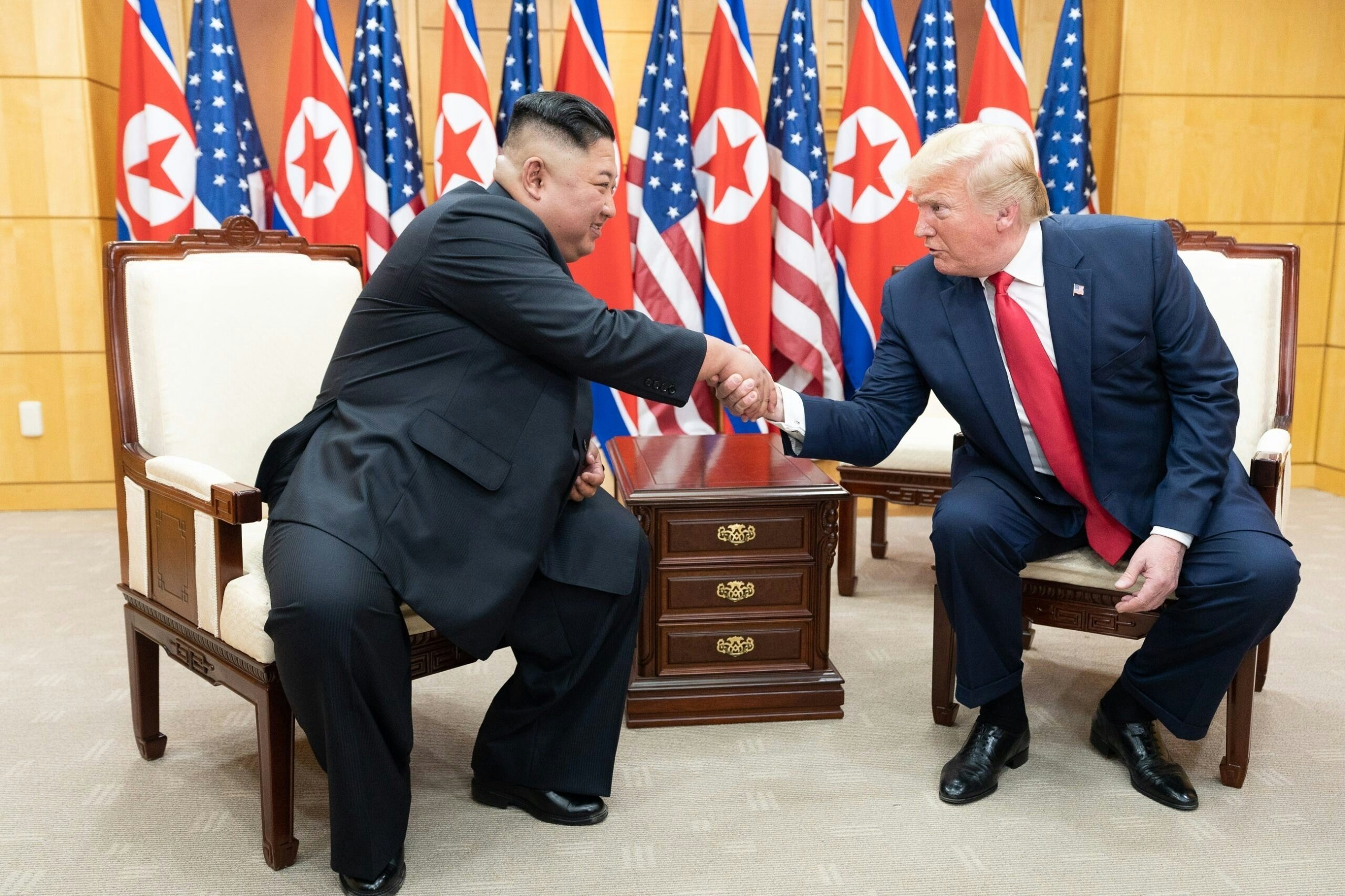This week U.S. and African leaders from the public and private sectors, international investors, multilateral stakeholders, and heads of state traveled to Dallas for the U.S.-Africa Business Summit. Topics like U.S.-African trade relations, women’s economic empowerment, and health system strengthening are the center of conversations. This year’s theme, Partnering for Sustainable Success, allows attendees to reflect on lifesaving programs and the need to continue strategic partnerships between the U.S. and Africa.
For the past two decades, the U.S. has driven sustainable health and economic development programming in Africa through innovative programs started during the George W. Bush Administration and continued since, such as the President’s Emergency Plan for AIDS Relief (PEPFAR) and the Millennium Challenge Corporation (MCC). Both emphasize democratic values like accountability, transparency, and data-driven programming – a contrast to Chinese lending structures and the Chinese Communist Party’s concerning human rights record.
Launched in 2003, PEPFAR has saved over 25 million lives and allowed over 5.5 million babies to be born HIV-free by supporting governments across the globe to screen, treat, and prevent HIV. In March Congress reauthorized the program for a fourth time through 2025. PEPFAR’s model depends on the use of age- and sex-disaggregated data to provide evidence for PEPFAR and its partners to deliver support where it’s needed most. Furthermore, over half of PEPFAR funding goes to local organizations, giving greater power for citizen-centered decision making. By giving them a seat at the table, both programs ensure that citizens’ needs are heard, addressed, and sustained.
This year MCC celebrates its 20th anniversary. Much like PEPFAR, MCC introduced a new paradigm of development assistance. The program seeks to drive economic growth by investing in countries that fulfill indicators of governing justly, investing in health and education, and encouraging economic freedom. This model incentivizes countries to not only meet critical performance measures but also compete for five-year project funding cycles.
MCC’s model emphasizes country ownership to guarantee that countries can sustain progress beyond funding cycles. To ensure that funds are used most effectively, MCC gives local populations the ability to hold their government accountable by embedding partnerships, transparency, and monitoring and surveillance into each project. Should a country backslide in its commitment to the indicators or mismanage its grant, MCC suspends or even cancels its compact.
Country ownership, competition, and accountability – all factors of democratic governance – have become institutionalized in partner countries through MCC and PEPFAR. This has yielded positive results when it comes to economic growth and diplomacy. Over the past two decades, MCC programming has helped to lift more than 300 million people out of poverty. Countries with PEPFAR programming have higher approval ratings of the United States and are more economically and socially stable, according to the Bipartisan Policy Center.
However, compared to authoritarian regimes like China, U.S. engagement has stagnated over the years. According to Gallup, median approval ratings of U.S. leadership across Africa fell from 60% in 2021 to 56% in 2023. Alternatively, in 2023 China recorded its highest level of leadership approval on the continent in a decade. China has invested in Africa for decades and implemented several economic development programs like the Belt and Road Initiative. The shift in China’s popularity can be attributed to China’s lead on mineral investments on the continent. China now accounts for 85% of mineral processing capacity worldwide and has become the largest single trading partner on the continent as a whole.
Africa is a powerhouse of opportunity. The median age of the African population is 19, and it’s expected that one-third of those entering the global workforce will be African by the 2030’s. Africa is also home to 13 of the 25 fastest-growing economies in the world. Much of this growth can be attributed to the large amount of strategic materials in Africa like lithium, cobalt, and copper. Africa also holds vital strategic importance and serves as a crossroads between the East and West, making it critical for U.S. national security.
What happens in Africa matters now more than ever. Earlier this year, Freedom House announced that global democracy declined for the 18th consecutive year. Governments’ failure to meet demands for social, political, and economic change has posed drastic consequences for democracies throughout Africa – specifically a surge in military coups. But as 18 African countries hold a national election this year, there’s an open window of opportunity for democratic forces to succeed.
U.S. investment and partnerships like MCC and PEPFAR that work alongside African leaders, practitioners, and advocates are critical for driving democracy and combatting extremism. The business leaders, policymakers, and advocates who met in Dallas this week must continue to discuss innovative, sustainable solutions that build upon the work that the U.S. has done on the continent and move U.S.-African engagement into the future.































